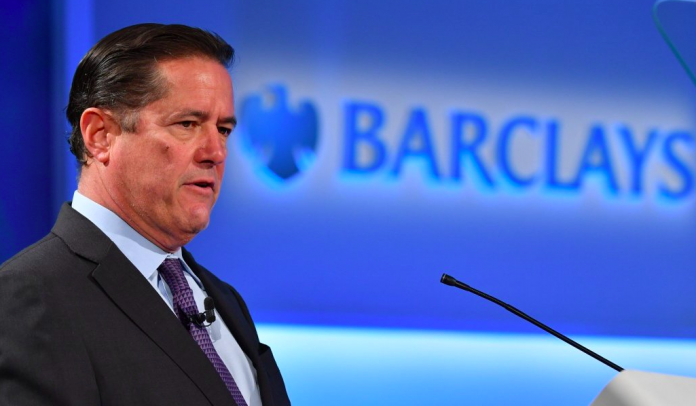City analysts are monitoring Barclays movements closely after Group CEO Jes Staley ordered a reshuffle of his senior lieutenants.
An under-pressure Staley is reported to be re-evaluating Barclays operating structures, preparing the FTSE100 bank to adjust to a global market downturn, as an imminent long-term recession creates tougher conditions for Barclays lending divisions.
Last week, Barclays governance announced that it would split leadership of its banking unit, with former Group COO Paul Compton appointed to the position of Head of Global Banking – overseeing the firm’s financial advisory, capital raising, financing and risk management services.
The split will see Barclays’ investment banking division led by former Chief Risk Officer CS Venkatakrishnan taking control of the firm’s capital markets and corporate investment services.
City news sources confirmed that Staley personally ordered the appointments of Compton and Venkatakrishnan in a move to form ‘a closer cooperation between Barclays corporate banking and market operations’.
However, Staley’s appointments will have likely caused a further rift between the Barclays institutional investors with regards to the CEO’s future.
Last month, Sherborne IM – the hedge fund of US activist Edward Bramson – called on Barclays’ investors to remove Staley from leadership of the firm, citing the CEO’s being implicated in a US subpoena related to the sex trafficking charges of disgraced US financier Jeffrey Epstein.
The subpoena was issued to JP Morgan, Jes Staley’s former employer, in which it mentioned the US banks involvement with Epstein.
Sherborne IM’s attacks have been thwarted by long-term Barclays investors, such as Star fund manager Richard Buxton who accused Bramson and Sherbourne of undertaking activist plays against Staley.
Yet as Barclays appears to be at a crossroads with regards to its leadership, the FTSE bank appears stable in contrast to its market counterparts – RBS, HSBC, UBS and Credit Suisse – who have all abruptly removed their CEOs in the past year.
RBS recently announced the appointment of Alison Rose as Chief Executive, ending months of a painful executive search. Meanwhile Tidjane Thiam was forced to quit as CEO of Credit Suisse following his involvement in damaging corporate spying scandal.
HSBC is yet to confirm a permanent leader, despite John Flint having left the bank in August last year, with Noel Quinn continuing his role as interim CEO… leading city investors to ask in 2020 who really wants to be a bank CEO?























